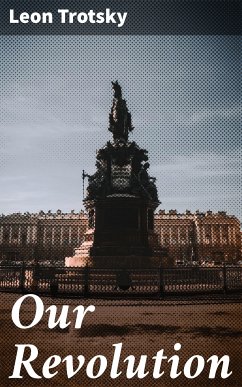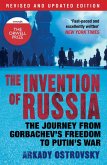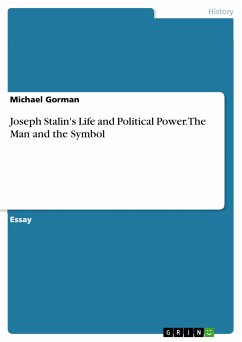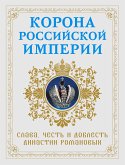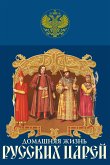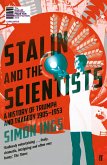In "Our Revolution," Leon Trotsky presents a compelling first-hand account of the 1917 Russian Revolution, providing both a passionate narrative and a critical analysis of the event that reshaped world politics. Trotsky employs a vivid and engaging literary style, seamlessly blending personal experiences with political theory to illuminate the ideological battles within the Bolshevik movement. Within this context, he articulates the principles of Marxism while emphasizing the necessity of continuous revolution, forging a connection between historical events and broader socio-economic dynamics that resonate with contemporary struggles. Leon Trotsky, a key figure in the Bolshevik Revolution and the war commissioner, brings an unparalleled insight to this work. His experiences as a revolutionary leader and political strategist, along with his eventual exile from the Soviet Union, shaped his perspective and fueled his critique of Stalinism and the bureaucratic tendencies that arose post-revolution. This backdrop provides a rich framework for understanding the urgency and significance of his writings during a tumultuous period in history. For readers interested in understanding the complexities of revolutionary thought and the intricate interplay of ideology and practice, "Our Revolution" is an invaluable resource. Trotsky's acute observations and prophetic insights make it essential reading not only for historians but also for anyone seeking to comprehend the legacies of revolution and political change.
Dieser Download kann aus rechtlichen Gründen nur mit Rechnungsadresse in A, B, BG, CY, CZ, D, DK, EW, FIN, F, GR, H, IRL, I, LT, L, LR, M, NL, PL, P, R, S, SLO, SK ausgeliefert werden.

